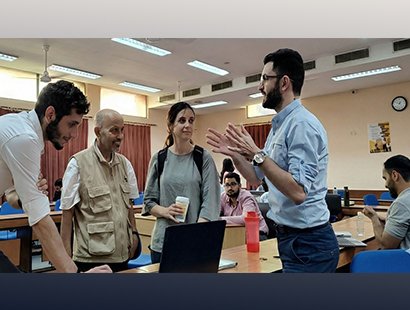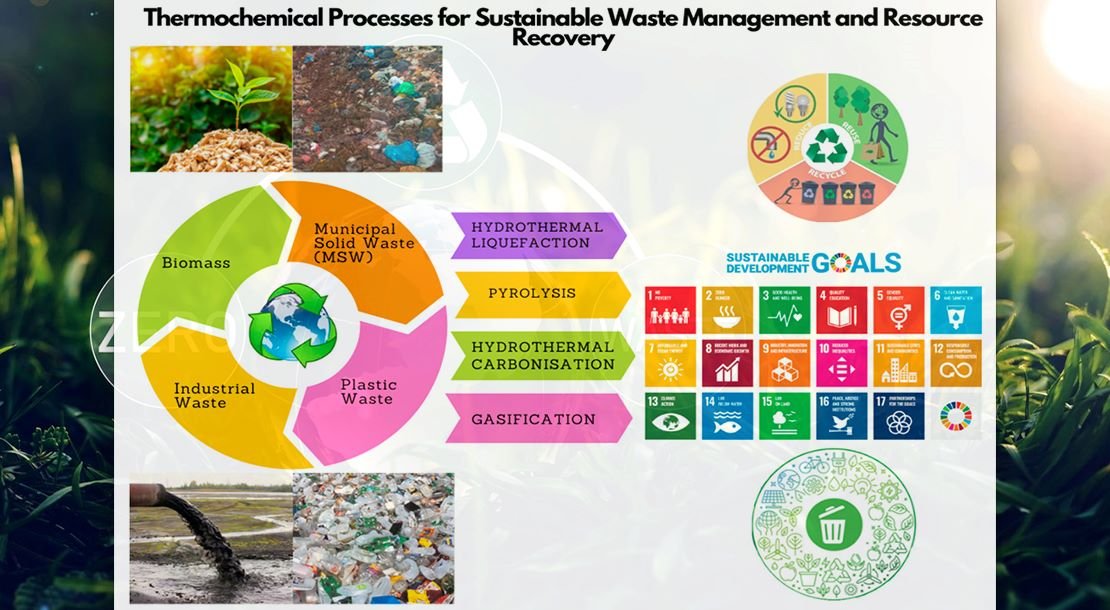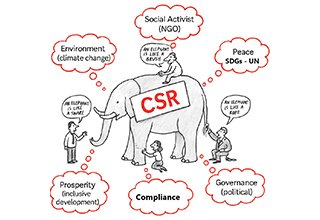
October 10th, each year comes as a timely reminder to humanity to observe World Mental Health Day. This day also issues an unwritten mandatory acceptance of the fact that mental health is not to be viewed as a luxury but as a fundamental component of human well-being. This day gives a clarion call for action, compassion and collective responsibility.
The 2025 theme “Mental Health is a Universal Human Right,” emphasizes this objective, urging individuals, organizations and governments to facilitate access, understanding and empathy in all walks of life.
In recent years, much progress has been made in understanding mental health, and it has been widely discussed, yet it still occupies a paradoxical space, where despite this it is still deeply misunderstood. There is a stigma attached to mental health conversations, that prevents people from seeking help in times of need.
The recent pandemic years took a heavy toll on the mental health and resilience of individuals. It exposed the fragility of the human mind and its accompanying emotions. Mental health became a subject for boardroom discussions, policy debates and most importantly household concern. Realization dawned on us though, that mere awareness is not enough. We need to translate our empathy to deliver results through sustained societal action.
The Increasing Need for Awareness
A World Health Organization study reveals that depression affects over 280 million people globally, while a leading cause of death among young adults is attributed to suicide. While this is seen as alarming, there is a deeper chasm that sucks in individuals who suffer silently, or grapple with anxiety, loneliness, burnout, and trauma. In India, open discussions on mental health issues pose a strong challenge due to societal and familial pressures which often demand emotional restraint. The expression or acknowledgment of mental health challenges is still considered taboo and frequently masked as “fatigue,” “nervousness,” or even “weakness.”
Therefore, there is a strong need to raise awareness and begin this by normalizing conversations. We should aim at the objective of humanizing the issue. A wide section of society including leaders, educators, public figures who have been subjected to mental health issues need to be vocal and speak about their experiences with stress and therapy.
Corporate Social Responsibility (CSR) initiatives are very crucial in playing a transformative role in amplifying awareness about mental health issues. This can be done through long term engagement programs and not merely token campaigns. The programs need to be well planned with a focus on integrating mental health into employee welfare, education and community development.
Comprehending Corporate Responsibility and Compassionate Leadership
In modern times, mental well-being is listed as a key determinant of productivity and retention. Yet it is still not given the importance it deserves. Many professionals still consider “Mental Health Day’’ as a small pause in their relentless schedule. The true significance of a compassionate work culture will commence when leaders prioritize empathy over efficiency, care over competition and conversation over command.
A recent notable development in the corporate scenario is of forward-thinking organizations investing in employee assistance, mental wellness workshops, counselling access and psychological safety protocols. These initiatives are no longer ornamental accessories, but strategic imperatives that sustain innovation and morale. Mentally healthy employees are being viewed beyond being just productive resources to being creative, motivated and loyal contributors to organizational growth.
Transcending corporate boundaries and the office walls to move beyond its confines is what true CSR conversations must aim at. The offer of genuine support, through sponsorship awareness campaigns, partnering with NGOs that work in the area of mental health and providing easy access to underserved communities to affordable counselling will be the true benchmark of CSR efficacy.
When businesses realize that community well-being is an integral part of corporate success they will enact their role as real agents for social change with excellence.
Why building a Compassionate Society is important
An ideal and utopian society will be compassionate when compassion is regarded not as a soft virtue but as the foundation of social cohesion. A society that is compassionate is not judgmental, offers support without pity, and stands together during times of crisis or struggle. So how does one build such a society? Education and early sensitization are imperative as building blocks. The school curriculum must include emotional literacy along with academics. It is equally important to educate and train parents, teachers and caregivers to recognize the early signs of distress and comprehend and respond in a prompt and rational manner instead of being critical and judgmental.
Communities must strive towards becoming safe spaces, both in the physical and digital sense. It should be a safe haven for individuals to express their vulnerabilities without fear of being criticized or social stigma attached. In modern times of social media overload, digital empathy is a scarce resource. The digital space is teeming with filtered reality that often amplify feelings of inadequacy and insecurity. Practicing and encouraging digital empathy therefore becomes very crucial. Ongoing campaigns must not just form a checkbox in the list of CSR activities trending for a day or two but must develop and evolve after due discussion with thought leaders, experts, counsellors and citizen volunteers.
Contemplating the role of Policy and Governance
The Government has established important milestones like India’s National Mental Health Programme (NMHP) and Tele-MANAS helpline. The success and effectiveness of these is hugely dependent on accessibility, funding and social acceptance. The perspective of the policymakers needs to be broadened to accommodate mental health not as an expense but as an investment. This investment has the potential to impact national productivity, education outcomes and social harmony.
The rural area pockets where there is a limitation in terms of access and awareness need targeted interventions. The vital bridge and link between those who need mental health the most and mental support facilities are the community health workers and NGOs. This process can be further accelerated by Public-Private partnerships that combine the reach of the state with the efficiency of the corporate sector.
The crucial step from Awareness to Action
The first step in this mission is to generate awareness but that forms only a part of it, for true transformation to begin, it must be combined with the requisite action. Every individual has the capability regardless of what role or position he occupies to contribute to a mentally healthier world. Small gestures like encouraging someone to seek help, listening without interrupting can create profound impact.
Organizations must key in a system of measurable impact and mental impact must evolve from symbolic observance to that. Mental health metrics must be integrated into sustainability reports and supporting therapy access and funding community counselling centers must also be included.
The key responsibility of the media lies in portraying mental illness with sensitivity and accuracy, debunking myths and countering fear or misunderstanding that arise out of stereotypes and mindsets that promote biases.
A Collaborative Effort and Shared Responsibility
A society’s progress is ultimately measured by how it treats the most vulnerable and not by its GDP or technology. The journey on this path is not linear, one needs to infuse it with empathy, patience and courage. The important aspect is to begin with even one conversation, one initiative and an act of kindness and gradually multiply those to come closer to a world where no one suffers in silence.
This World Mental Health Day, would truly acquire its true meaning if we pledge to move beyond awareness to action, inclusion, and compassion. When we determine to take firm measures to create ecosystems – in families, schools, workplaces and communities that nurture and facilitate psychological safety and emotional growth we will be on the correct path of translating the true significance of this day for the common good.
This World Mental Health Day we must move beyond thinking of it just as a date on the calendar or an impersonal awareness event. We must consciously take a decision to shift our perspective and recognize and realize that mental well-being is a shared responsibility. The moment we do that; it stops being someone else’s problem — and meaningful action begins with each of us!



















